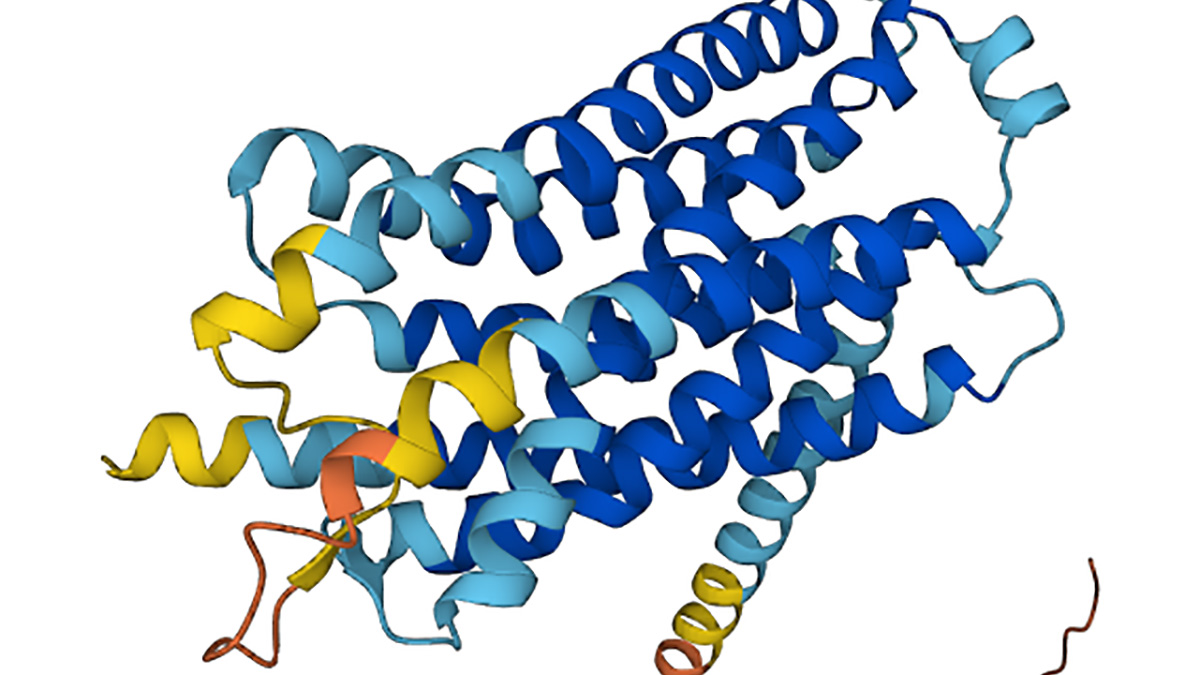
AI’s Latest Leap: Unlocking the Secrets of Protein FoldingAI’s Latest Leap: Unlocking the Secrets of Protein Folding Artificial intelligence (AI) is revolutionizing scientific research, and one of its most recent triumphs has been the advancement in understanding protein folding. Proteins are the building blocks of life, and their proper folding is crucial for their function. However, predicting how a protein will fold has been a longstanding challenge for scientists. AI has stepped into this arena and made significant strides. Recently, AlphaFold, an AI system developed by DeepMind, demonstrated unprecedented accuracy in predicting the 3D structure of proteins. This breakthrough has opened up new avenues for drug discovery, enzyme engineering, and materials science. How AI Aids Protein Folding Prediction AI algorithms, powered by vast datasets and advanced machine learning techniques, can identify patterns and correlations in protein sequences that are invisible to humans. These algorithms analyze the amino acid sequence of a protein, which determines its structure, and produce highly accurate predictions. AI’s ability to handle large amounts of data and perform complex calculations far surpasses human capabilities. Additionally, AI models can be trained on immense datasets, allowing them to learn from millions of known protein structures. This vast knowledgebase enables them to make accurate predictions even for proteins with unknown structures. Implications for Scientific Research The ability to accurately predict protein folding has profound implications for scientific research. For instance: * Drug Discovery: Understanding protein structures is essential for developing new drugs that target specific proteins. AI can accelerate this process by rapidly identifying potential drug candidates and predicting their binding sites. * Enzyme Engineering: Enzymes are proteins that catalyze chemical reactions. AI can design and optimize enzymes for specific applications, such as biofuel production and pollutant degradation. * Materials Science: Proteins can be engineered to create novel materials with enhanced properties. AI can help design proteins that self-assemble into desired structures, leading to the development of advanced materials. Conclusion AI’s latest advancement in protein folding prediction is a testament to its transformative power. By unlocking the secrets of protein folding, AI empowers scientists to delve deeper into the mysteries of life and develop groundbreaking solutions in medicine, industry, and beyond. As AI continues to evolve, its contributions to scientific research will undoubtedly continue to reshape our understanding of the world.
Posted inNews